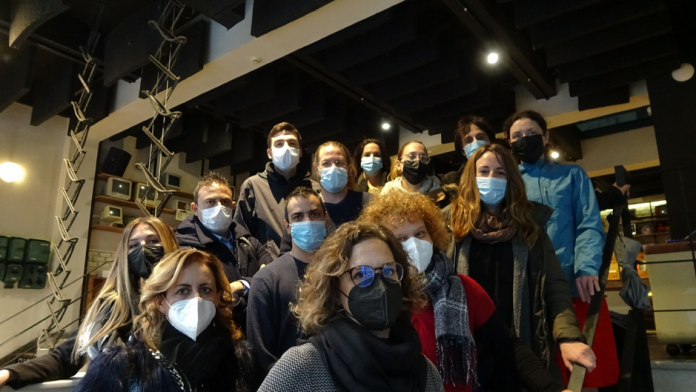Back in 2013, when the European Council first adopted the Youth Guarantee, Europe was still looking for a way to recover from the shock of the economic crisis and the subsequent long recession. Unemployment, particularly among youths, was rampant and countries like Greece were experiencing a “brain-drain” akin to a mass exodus. In that light, the Youth Guarantee looks very much of its time: “[Member states must] ensure that all young people under the age of 25 years receive a good-quality offer of employment, continued education, an apprenticeship or a traineeship within a period of four months of becoming unemployed or leaving formal education”. It was not only ambitious, but its reference to a “guarantee” and “ensuring” a job offer certainly stood out in a world of employment policies focusing on “incentives” and “personal improvement”.
In the midst of a new crisis, the COVID-19 pandemic, the Council recently adopted the Reinforced Youth Guarantee, broadening its scope and touting “individualised approaches”. But how individualised is the YG really; and how effective? The numbers presented by the Commission seem impressive: 1.7 million fewer NEETs, a record low youth unemployed rate at 14.9%. But these numbers mean little without taking the regional perspective into account in order to compare and analyse them, and they don’t say much about cost effectiveness. The Cowork4YOUTH project is here precisely to examine the flexibility and the effectiveness of European youth employment policies.
The “Unlocking Youth Potential” call of the EEA and Norway Grants Fund for Youth Employment specifically referenced the “lack of studies evaluating these new initiatives [and] a need to build the capacity […] to perform impact studies”. Cowork4YOUTH, a research and analysis project, undertakes to deal with these (among other) challenges, providing hard data and reliable analysis, employing PhD and post-doctoral researchers in different European countries to study the subject, and exploring improvements and solutions that may be provided by alternative economic sectors and practises. Outputs include a Transnational Research Network and an Observatory; 2 pilot & baseline studies; 3 scientific papers; 2 transnational reports; 2 review papers; and 2 PhD theses. Last but not least, Cowork4YOUTH will culminate in a set of policy recommendations that will contribute to the uptake by policymakers of research results on the subject.
The project’s kick off event (pictured above) was held in late 2021 in Athens. We didn’t know when submitting the proposal, but we can only consider it auspicious that 2022 has also been announced as the European year of Youth, with the aim (among others) “to promote opportunities provided by EU policies for young people to support their personal, social and professional development. The European Year of Youth will go hand in hand with the successful implementation of NextGenerationEU in providing quality jobs, education and training opportunities”. This gives everyone involved in the project even more motivation to do our best to “honour and support the generation that has sacrificed the most during the pandemic”, in the words of the Commission.


